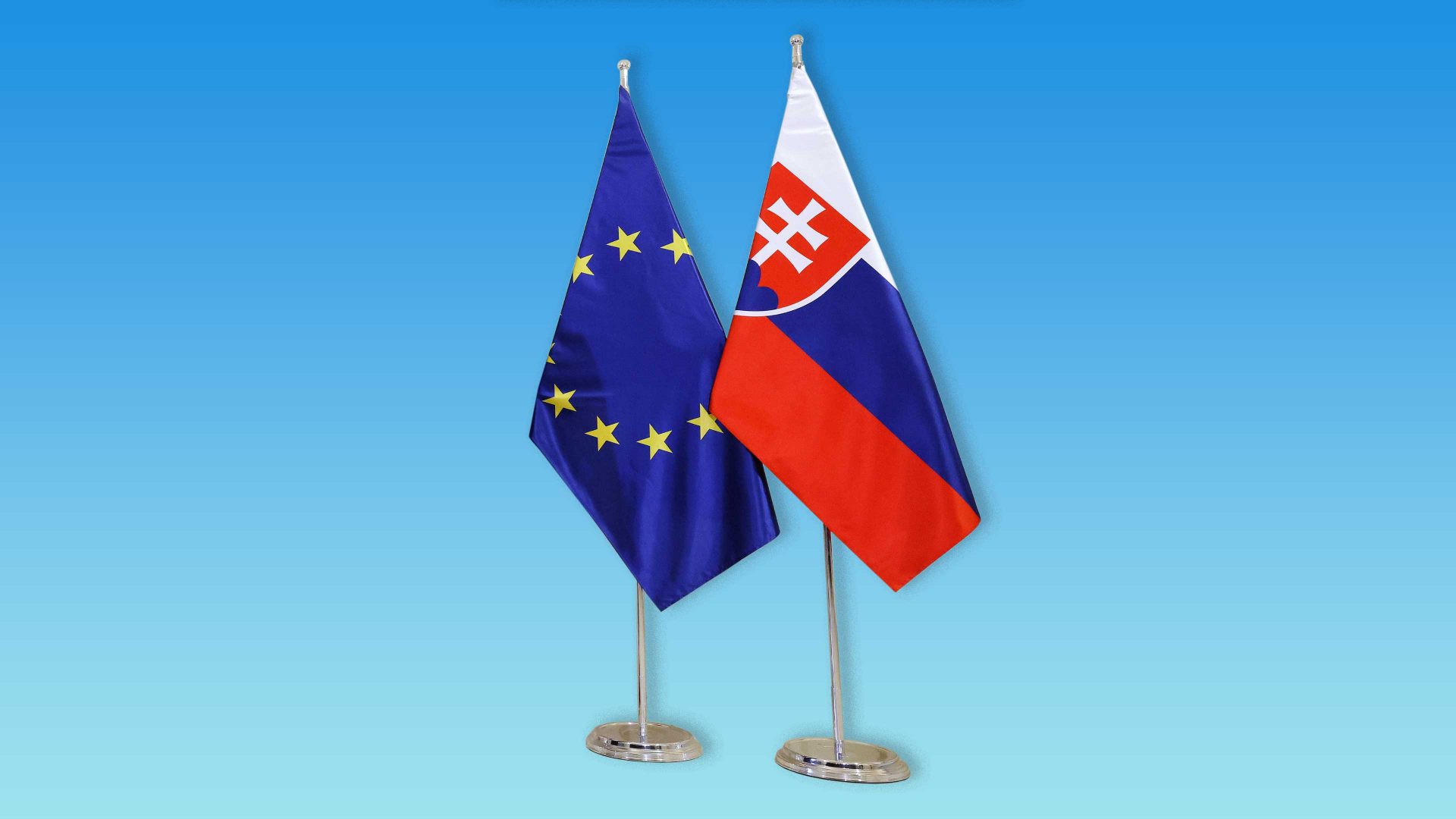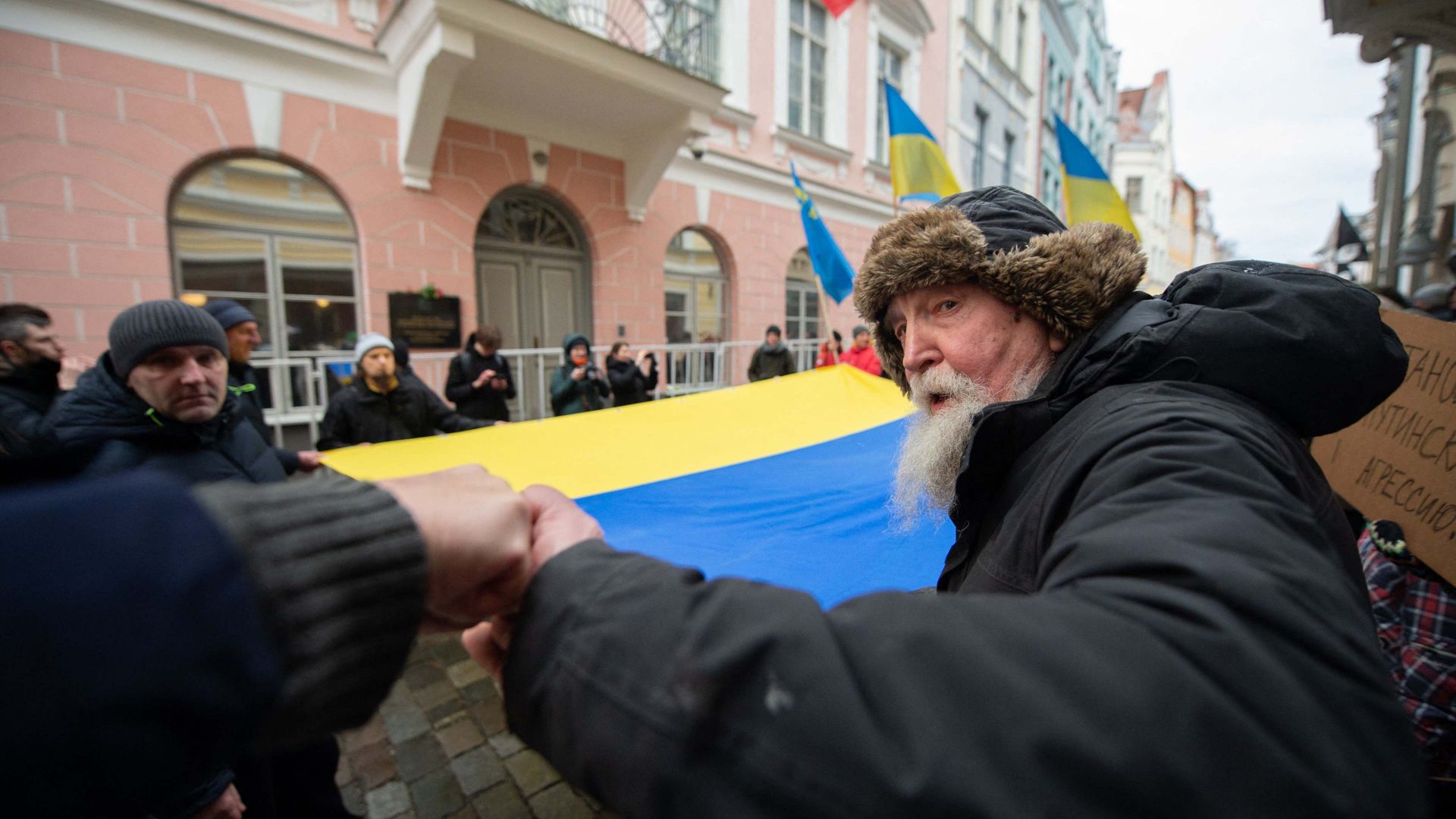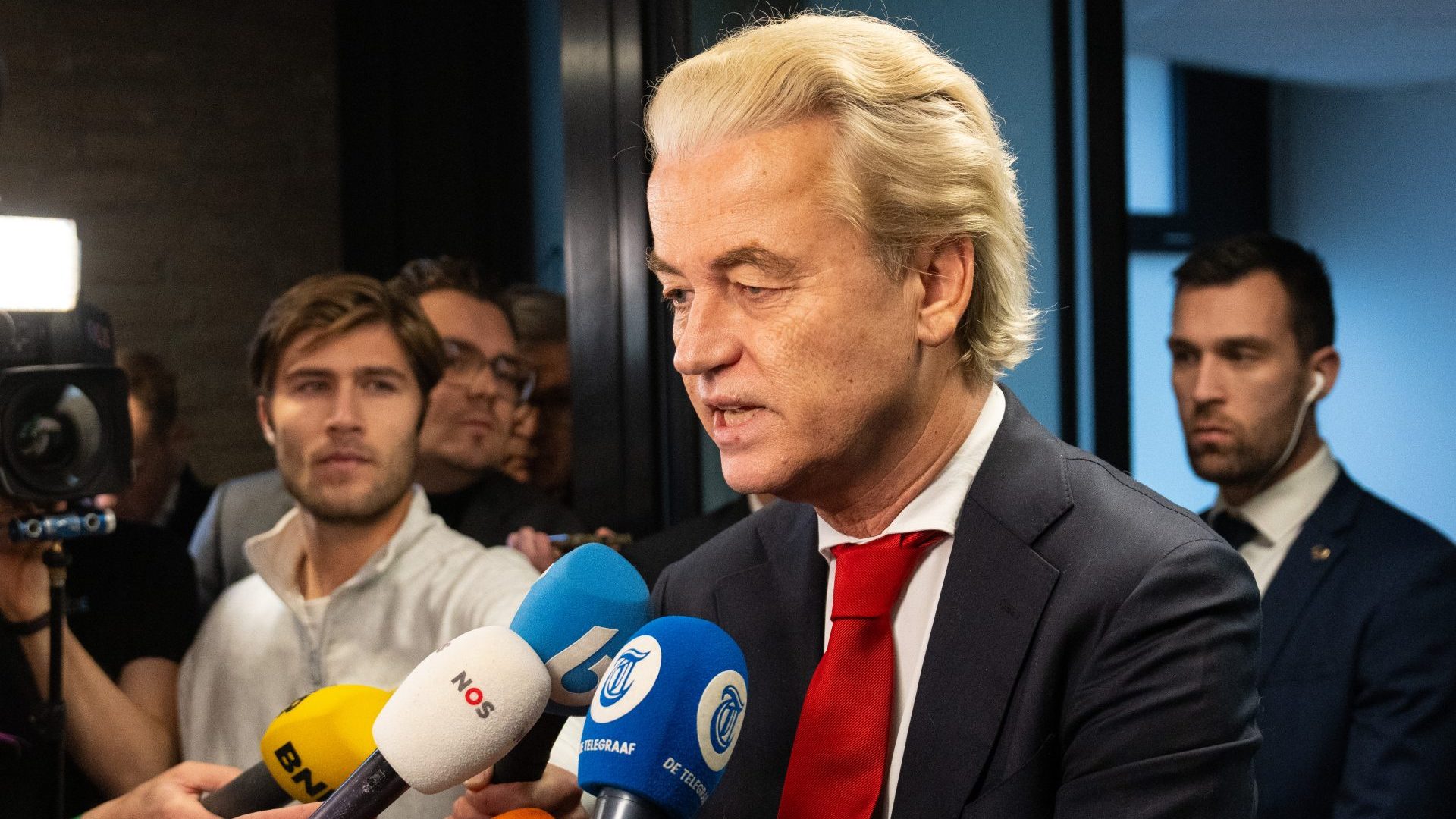Slovakia is still reeling after the shocking assassination attempt on the prime minister, Robert Fico – and yet Slovaks are heading to the polls for the third time in a year. The campaign leading up to the European elections has been notably subdued, the tone much more muted than usual.
Our society still grapples with division. While support for the European Union remains high among Slovaks, some within the governing camp want greater national sovereignty and less emphasis on European-wide initiatives.
The nationalist Slovak National Party (SNS) has said: “Together we will stop liberalism from Brussels… We are not a buffer zone for Brussels.” Meanwhile, the main governing populist party, Smer, campaigns against sending weapons to Ukraine. Its slogan is “For peace in Europe”. The ruling coalition’s third member, Hlas, has taken a different approach. In the wake of the assassination attempt, it is emphasising what it sees as a broken society, with billboards and social media posts featuring a blood-stained Slovak flag. Its message: “Slovakia is wounded; let’s rescue it together.”
On the opposition side, Progresívne Slovensko (PS) is running under the catchphrase “Pro-European Slovakia”, with a heavy emphasis on Slovak-EU unity. The right wing liberal opposition party, Sloboda a Solidarita (SaS), known for its Eurosceptic views, is going with the slogan “Yes to EU – with reason.” Lastly, the opposition Christian Democrats (KDH) call for a “strong Slovakia in a secure Europe”.
According to the latest Ipsos poll, Smer and PS are running neck-and-neck, each with around 24%. Hlas polls at approximately 10%, closely followed by the far right Republika party, which won no seats in last year’s national elections. KDH and SaS are expected to cross the 5% threshold to win at least one MEP from Slovakia’s total allocation of 15.
Martin Hojsík, a longtime environmental activist, currently serves as the vice president of the European Parliament for Renew Europe and is a leading voice on the PS candidate list.
The current government “are pulling us out of the EU,” he says. “The upcoming election will determine whether Slovakia remains pro-European or shifts towards the east”.
“The key topic in these elections is the degree of autonomy of the member states, which has been one of the main problems of European politics for a long time,” explains Dominik Želinský, a sociologist and senior research fellow at the Institute for Sociology of the Slovak Academy of Sciences. He emphasises that this conflict extends beyond views on Ukraine and encompasses other cultural-ethical and environmental issues.
Želinský, who earned his PhD from the University of Edinburgh, characterises the current political landscape as a “political competition with Euro-optimistic parties on one side and sovereigntist parties on the other.”
Slovakia, having recently marked its 20th anniversary of joining the EU, is still strongly pro-Europe. According to a survey conducted by the think tank Globsec, 70% of Slovaks endorse their country’s membership of both the EU and Nato.
However, despite this pro-EU sentiment, interest in European elections has historically remained low. In 2014, only 13% of the population participated in the elections, but this figure improved four years later when 23% of voters turned out, marking the highest participation rate thus far.
Notably, Slovakia consistently records the lowest voter turnout across the entire EU during European elections. As the upcoming elections approach, there is hope for improvement.
“The reasons are transnational crises over the past few years in which the EU has become one of the important points of social conflict,” says Želinský. “Recent parliamentary and presidential elections in Slovakia have mobilised voters on both sides of the political spectrum.”
Branislav Ondrášik reports for the Slovak daily SME



